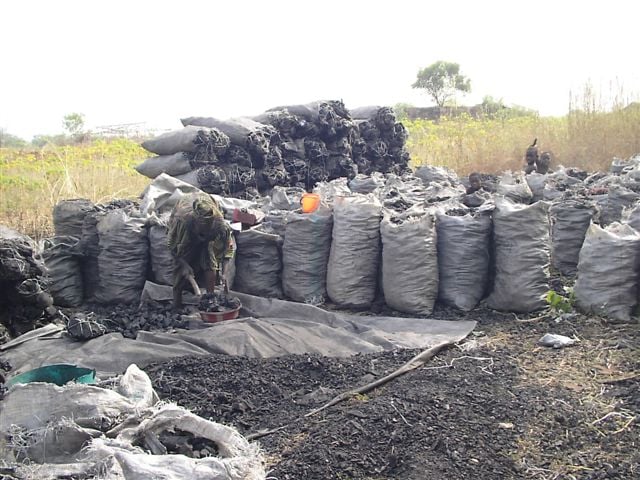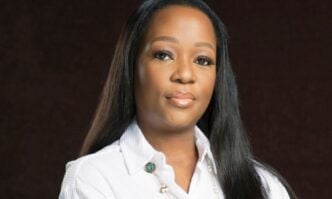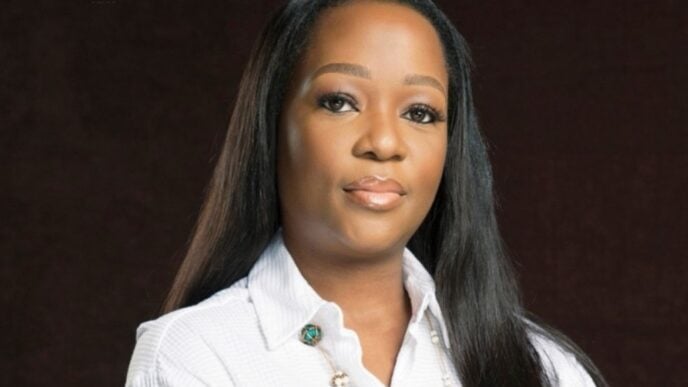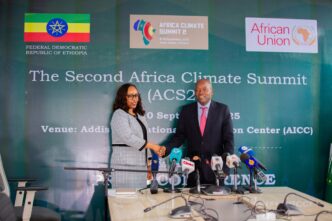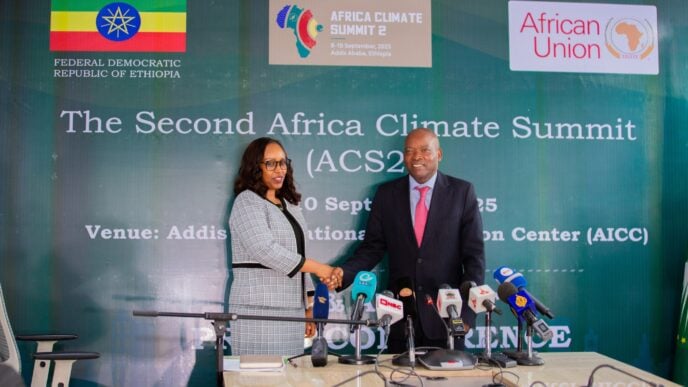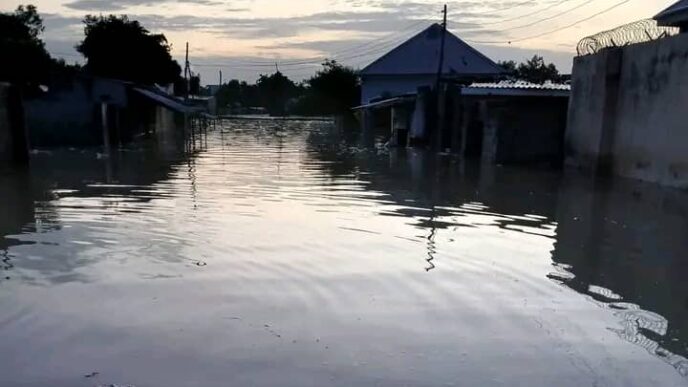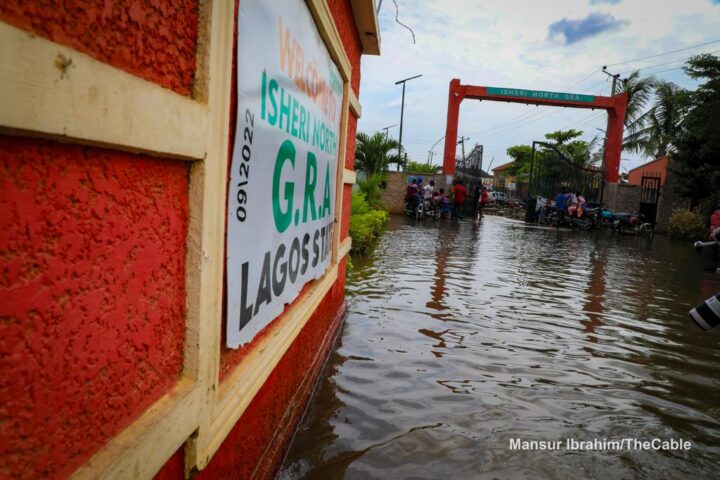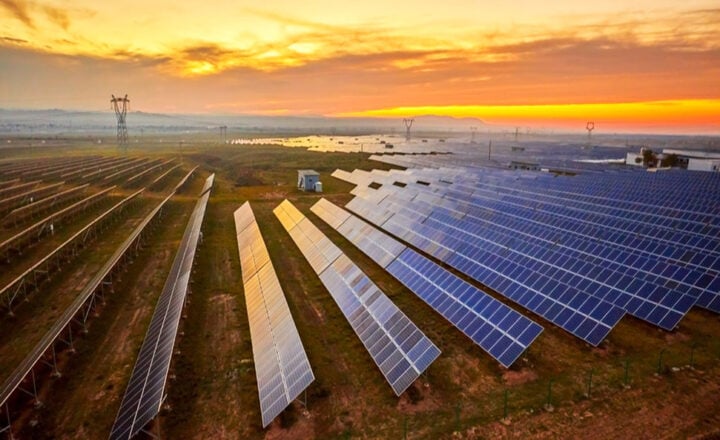The federal government says the charcoal trade is endangering forest sustainability and undermining livelihoods across the country.
Aishetu Ndayako, permanent secretary of the ecological project office (EPO), spoke in Abuja on Wednesday at a stakeholders’ dialogue on charcoal production and forest conservation.
The one-day event, themed ‘Trade and trees—rethinking charcoal production and the vanishing forests,’ was organised by the Centre for Renewable Energy and Action on Climate Change (CREACC-NG) with support from EkoEnergy.
Ndayako described the charcoal trade as a major source of household energy for millions of Nigerians, especially in rural and peri-urban areas.
Advertisement
She warned that the largely informal and poorly regulated trade has contributed to widespread deforestation, ecosystem collapse, and biodiversity loss.
“With over 70 percent of our population relying on biomass for cooking, the demand for charcoal has grown exponentially—both for domestic use and export,” she said.
“Trees are felled indiscriminately, entire ecosystems are degraded, and forests—our carbon sinks and biodiversity reservoirs—are under siege.”
Advertisement
Ndayako called for urgent action, including policy harmonisation on forest and biomass energy and stronger enforcement of regulations.
She emphasised the need for local community participation through incentives for tree planting, agroforestry, and community-managed woodlots.
“Forests must be seen as renewable assets, not disposable resources. We must also scale up access to cleaner energy alternatives such as LPG, ethanol, biogas, biomass briquettes, and solar cookstoves—especially for vulnerable communities,” she added.
Suwaiba Ahmad, minister of state for education, said forests play a critical role in climate regulation, carbon absorption, and biodiversity protection.
Advertisement
Ahmad, represented by Aminulai Modupe, assistant director at the department of environmental science education, said the ministry is working to integrate environmental education into the national curriculum.
“We are raising a generation that values conservation and understands the environmental cost of unsustainable practices,” Ahmad said.
She also highlighted the Diaspora Bridge Initiative—a research collaboration effort across tertiary institutions under the ministry—and urged support for community workshops promoting sustainable charcoal production techniques.
Usman Muhammad, executive director of CREACC-NG, said Nigeria is the largest charcoal producer in Africa and the second largest globally—a position he noted comes with environmental costs.
Advertisement
“We are losing about 1.5 million trees daily, with an annual deforestation rate of 3.5 percent. The savannah woodlands in Niger, Taraba, Benue, Kwara, and Kogi are the most affected,” he said.
Muhammad said this loss is linked to rising carbon emissions, biodiversity depletion, land degradation, and health risks associated with inefficient charcoal production.
Advertisement
He said the centre plans to host a national summit in June 2026 to deepen conversations on forest sustainability and ecological resilience.
Advertisement
